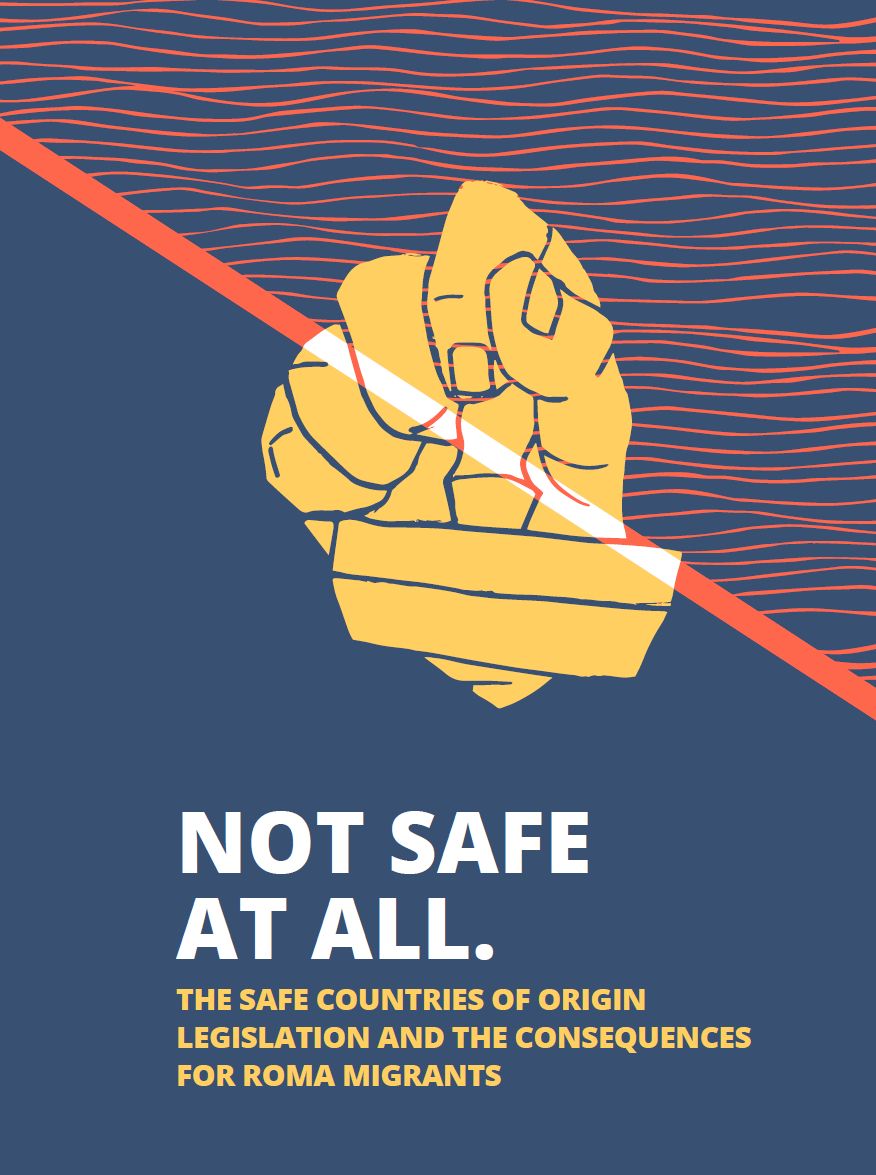
When Germany’s government decided to effectively open its borders to refugees from Syria in summer 2015, many celebrated this move as a humanitarian response to the dramatic influx of refugees and migrants which took place via the “Balkan route”. Compared to the reactions of other governments in Europe along the paths taken by refugees, reactions which included the hasty building of fences, this decision must indeed be viewed as a humanitarian act. Nevertheless, the decision to temporarily and partially suspend the Dublin Regulation has to be understood as a retroactive adjustment to the fact that migrants and refugees have been crossing these same borders for at least two years and have been living “irregularly” on German territory in ever-increasing numbers.
Yet this de facto amnesty has been accompanied by a plethora of new restrictive asylum and border policies at the national and EU levels; policies aimed at containing migration into the EU. In quick succession, German parliament passed two “Asylum Packages”, among others, simplifying the deportation of rejected asylum seekers and suspending family reunions for accepted refugees. Another key measure is the designation of a growing number of countries as so-called “safe countries of origin”. Above all, it was countries from the Balkans - Serbia, Kosovo, Albania, Montenegro, Bosnia and Herzegovina, and Macedonia that were declared as “safe”, and consequently the German authorities generally came to consider asylum applications from these countries as unfounded. Whilst this does not mean that asylum applications will now be automatically rejected, the chances of asylum being granted are very slim – given the fact that rejection rates for asylum seekers from Serbia were as high as 99% (97% for asylum seekers from Kosovo) in Germany even before this decision was made.
Nevertheless, the designation of the Balkan countries as “safe” has profound and far-reaching consequences – not only for migrants currently applying for asylum, but also for people who have been petitioning for asylum and living in Germany for several years, and in some cases, decades. The majority of asylum applicants from Serbia, Kosovo and Macedonia are Roma, who are subject to persecution, marginalization and social exclusion all over Europe. There are few reliable statistics concerning the ethnic origins of asylum applicants available, but according to a minor inquiry undertaken by the DIE LINKE parliamentary group in the Bundestag, ca. 70% of asylum applications from Kosovo processed in Germany in 2014 were made by Roma, Ashkali or Egyptians. For these applicants, this decision means they will have an even smaller chance of being recognized as refugees, therefore being severely disadvantaged in the asylum process, where they may be regarded as “economic” or “poverty migrants” or even as “false asylum seekers”.
Politicians and asylum granting authorities systematically frame the causes of migration by Roma as relating to poverty and economic reasons – they completely fail to recognize the presence of widespread anti-gypsyism as well as direct and structural discrimination as being part of the equation. The Roma are the largest minority in Europe. The majority of the 10-12 million Roma in Europe are living in significantly worse living conditions than their fellow citizens, and many are victims of prejudice and social exclusion – both within and outside of the European Union (EU). The history of the Roma in Europe is a history of repression, persecution and forced evictions, including of genocide against the Roma in World War II. On paper, the EU and the German government have dedicated themselves to fighting the persecution and exclusion of Roma. In practice, Germany doesn’t even recognize as grounds for asylum the direct and structural discrimination which many Roma are victim to in the Balkan countries.
In the shadow of the current German “Willkommenskultur” there are daily deportations, the majority of them to the Balkans. The number of deportations doubled in 2015 and continued to increase rapidly in 2016. Many Roma have been forcibly sent back to countries they left because of anti-gypsyism, massive poverty and wide-ranging exclusion from basic social services and necessities, such as housing, employment, health services and education. Their countries of origin have been repeatedly criticized by the UNHCR, human rights organizations such as Amnesty International and even by the Council of Europe for systematic discrimination against Roma. These findings and reports are being deliberately ignored in the asylum granting processes; people are being deported to or prohibited from leaving their home countries and left without any meaningful support despite promises by their governments and the EU to support Roma inclusion. The problem is that the small number of existing inclusion programs have only marginal effects in countries such as those in the Balkans. In light of the continual imposition of austerity measures, cuts in public services, unemployment, the lack of welfare and overall poverty, short-term local inclusion projects will only be a drop in the ocean, let alone permit the whole of the deprived Roma community to have some chance of an overall improvement of their material conditions. Moreover, the vast majority of Roma communities have no say in the distribution of money intended to support “their inclusion”, which only contributes to an already existing prejudice held towards the Roma: no matter what happens, they just won’t integrate.
This brochure hopes to bring these largely hidden processes into focus: the changes in asylum laws that simplify rejecting asylum applications and deportations, the consequences these policies have for Roma migrants from the Balkans, and the widespread discrimination and exclusion of Roma in the Balkans, particularly as regards Serbia and Kosovo. We want to show that the Roma are subject to discrimination not only in their home countries but also due to racist and neo-protectionist migration policies and asylum practices. We will discuss why the Roma inclusion programs, to which politicians frequently refer, have so far not achieved anything in terms of improving the situation of Roma or combating the causes of migration. Finally, we will suggest several alternatives to the current inhuman and racist treatment of migrants from the Balkans.
Wenke Christoph, Tamara Baković Jadžić & Vladan Jeremić
«Not safe at all!»
Contents
- Why Do «Safe Countries of Origin» contradict the fundamental right to asylum?
- Why can't Serbia be considered to be a safe country for Roma?
- Why can't Kosovo be considered safe for Roma?
- How does the legislation affect asylum applicants from «Safe Countries of Origin»?
- How has panic over «false asylum seekers» contributed to further discrimination?
- Why don't Roma inclusion programs improve the living conditions of Roma?
- Conclusion: What is the alternative?
- Glossar
